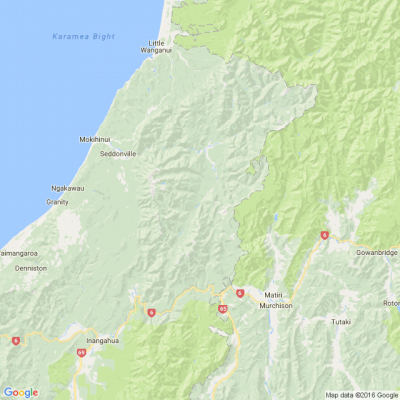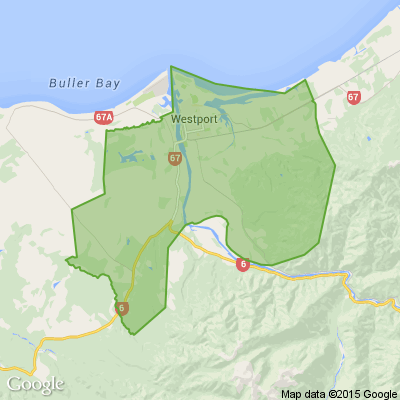New Zealand at Alert Level 4
UPDATE
August 18
1.16pm
The Prime Minister and the Director-General of Health are currently giving an update to the nation at the Beehive.
Here's what you need to know:
- Genome sequencing was undertaken last night and it has been confirmed that this is linked to the NSW outbreak.
- There are no genomic matches to those cases at the border to this case.
- There are a further two cases to report in the community.
- From 11:59pm, it will be compulsory to wear masks when accessing essential services.
- From 8am tomorrow, the Covid-19 vaccination programme will resume.
___________________________________________________________
UPDATE
August 18
9.10am
- Four new cases have been identified, all genomically linked to the original case
- The original case has been confirmed as having the Delta variant
___________________________________________________________
New Zealand will move to a Level 4 lockdown after a community case was detected in Auckland.
Prime Minister Jacinda Ardern was joined by Ashley Bloomfield at a press conference, where she confirmed that Auckland and Coromandel would move to Alert Level 4 from 11.59pm for seven days, while the rest of the country will be under Level 4 conditions for three days.
It is unknown whether this case is that of the Delta variant. Bloomfield stated that genome sequencing will be completed by tomorrow morning.
There is currently 23 locations of interest, 10 in Auckland and 13 in Coromandel. Current locations of interest can be found here.
The case has no links to the border and interviews are currently being undertaken with the case to find any possible locations of interest and how they came to be in contact with Covid-19.
Here's what you need to know:
- A refresh on Level restrictions and what it means for you.
- Here are the locations of interest.
- If you have any flu-like symptoms, call the NZ Covid-19 Healthline on 0800 358 5453 or ring your GP.
- Find your closest Covid-19 testing location on the Healthpoint website
- Essential services such as supermarkets and pharmacies will remain open.
For more information, visit covid19.govt.nz.

Brain Teaser of the Day 🧠✨ Can You Solve It? 🤔💬
Make a hearty dish. Take just half a minute. Add four parts of kestrel. Then just add one. What have you made?
(Trev from Silverdale kindly provided this head-scratcher ... thanks, Trev!)
Do you think you know the answer? Simply 'Like' this post and we'll post the answer in the comments below at 2pm on the day!
Want to stop seeing these in your newsfeed? No worries! Simply head here and click once on the Following button.

Poll: Should the government levy industries that contribute to financial hardship?
As reported in the Post, there’s a $30 million funding gap in financial mentoring. This has led to services closing and mentors stepping in unpaid just to keep helping people in need 🪙💰🪙
One proposed solution? Small levies on industries that profit from financial hardship — like banks, casinos, and similar companies.
So we want to hear what you think:
Should the government ask these industries to contribute?

-
59.5% Yes, supporting people is important!
-
26.2% No, individuals should take responsibility
-
14.4% ... It is complicated
Have you got New Zealand's best shed? Show us and win!
Once again, Resene and NZ Gardener are on the hunt for New Zealand’s best shed! Send in the photos and the stories behind your man caves, she sheds, clever upcycled spaces, potty potting sheds and colourful chicken coops. The Resene Shed of the Year 2026 winner receives $1000 Resene ColorShop voucher, a $908 large Vegepod Starter Pack and a one-year subscription to NZ Gardener. To enter, tell us in writing (no more than 500 words) why your garden shed is New Zealand’s best, and send up to five high-quality photos by email to mailbox@nzgardener.co.nz. Entries close February 23, 2026.







 Loading…
Loading…





